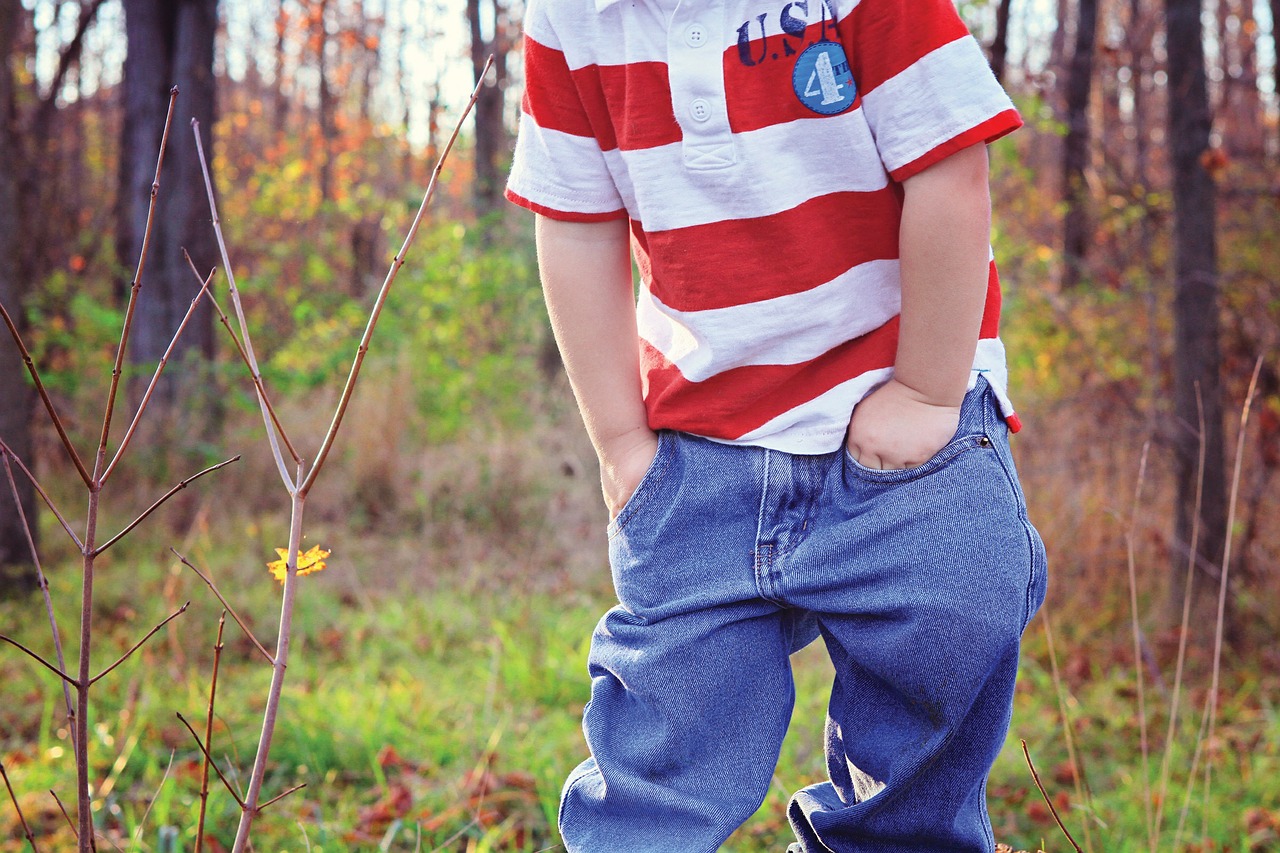Generally, a 19-year-old would be thinking of pursuing his higher education, skills training, career, love life, recreational activities and oh….the so many interesting and exciting things to do for a young person on the cusp of adulthood.
But for Nicholas, it is kind of difficult to imagine adulthood for him. At this moment, I cannot imagine him living an independent life. His lifelong partner, Autism, has created learning patterns, sensitivities and abilities that are, most times alien to people around him.
Recently, an acquaintance opined that people like my son should be institutionalised when they reach adulthood because they could become dangerous to people around them. He cited cases from the US where young adults with learning disorders had gone on shooting sprees.
As appalled as I was, I explained that teenagers with learning disorders/disabilities have a tough time transitioning into adulthood and that they need a lot of support which is usually left to the parents and family. However, I realised that what he said may be the general view of the public.
So, what does the future hold for Nicholas and those like him?
At times like this, it is easy to give in to the shadows of despair. Thankfully, the world is also filled with people who have the courage and vision to look beyond the disorders and difficulties and see the potential hidden inside.
Today, in Malaysia, there are non-profit and social organisations like Dignity & Services (KL), PR4A, Wings Melaka and Asia Community Service (Penang), among others, that support people with learning disorders/difficulties.
The Malaysian education and welfare systems also provide for children and adults with learning disorders/difficulties from pre-school to secondary school and for a few, right up to the universities.
There are also vocational training centres and homes for people with learning difficulties/disorders. But the quality of service and effectiveness are always topics of arguments, and that we will keep for another time.
For now, Nicholas goes to Dignity & Services (www.dignityandservices.com) on Mondays and, on Fridays to Saturdays, as part of his transition from adolescence to adulthood. On Mondays and Fridays, he joins the D&S baking crew and they bake cakes, cookies and bread ordered over the weekend. He gets paid for the hours of work done. On Fridays, after baking, he stays on at D&S for a supervised weekend at the centre then comes home on Saturday evening, happy and relaxed.
Then, thanks to Sir Tim Berners-Lee, who invented the world wide web, we in Malaysia can link up with organisations like Autism Speaks (www.autismspeaks.org) and The National Autistic Society (www.autism.org.uk) that provide information and resources to people worldwide.
Autism Speaks has a Transition Tool Kit that is free. It offers advice and realistic steps to help parents/teachers prepare teenagers for adulthood. This is a really useful kit that has been put together by people who have researched into and worked with people with autism/learning difficulties/disorders.
I am grateful for this kit because I do not have to go through all the trials and errors as well as heartbreak of my early years with Nicholas.
Competitive global air travel has also made it easier for experienced people from other parts of the world to come to Malaysia to share their knowledge. On November 21, a UK trainer, Edward Marcus, will be in Kuala Lumpur to speak on Challenges and Key Factors in Running a Care Service for Adults with Autism. (Contact:events@oasisplace.com.my).
So when incidents and situations drag me down the Pity Road, I have to think of the strides made, efforts by people in D&S and also, Nicholas’ baking ability. Things are just moving forward, whether in giant leaps or at snail’s pace. I would like to think that people with autism (and those with learning disorders) are adventurous and they take the road less travelled.
I also remember a man from my little hometown, I will call him Sam. I cannot remember when I first saw him but I know that whenever we spied him walking along the road, there would be excitement.
Here was a young man, tall and browned by the sun, walking barefoot, bareheaded and shirtless under the hot Malaysian sun. He was an enigma to our young minds. How could he walk barefoot on the tar road? Why was he always walking? Where did he come from?
When I asked any adult about Sam, I was told to mind my manners. He would appear at all (I think) community feasts – weddings, thanksgivings, festivals and special occasions.
The ladies in the kitchen would give him a big tray with as much food as it could carry and Sam would sit down and clean out the tray at his leisure, then put down the empty tray and walk away as silently as he came.
All of us children were told not to bother Sam or we would “get it” from our mothers. As far as I know, he has never harmed anyone. I have never heard anyone said anything bad about him.
About a year ago, I saw same old Sam walking along the road, much older, more sunburnt but still as steady.
The community that Sam lives in accepts him the way he is and looks out for him. How the community responds to his eccentricities and oddities creates a safe environment for Sam. The community is helpful without being intrusive. Perhaps we city people should ask ourselves what we could do to make Nicholas’ life better, instead of telling us to lock up our autistic offsprings.
Kindness is something all of us possess.
“A nation’s greatness is measured by how it treats its weakest members.” Mahatma Gandhi

